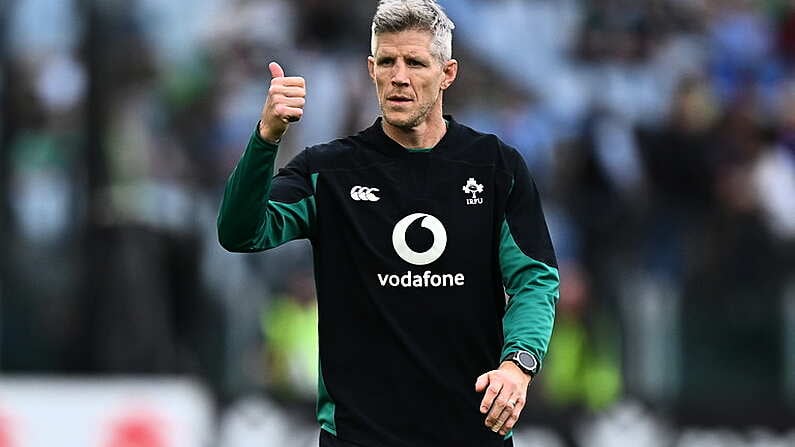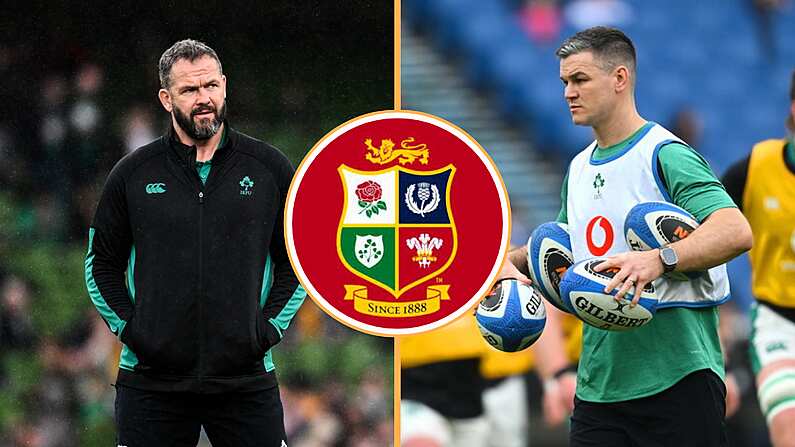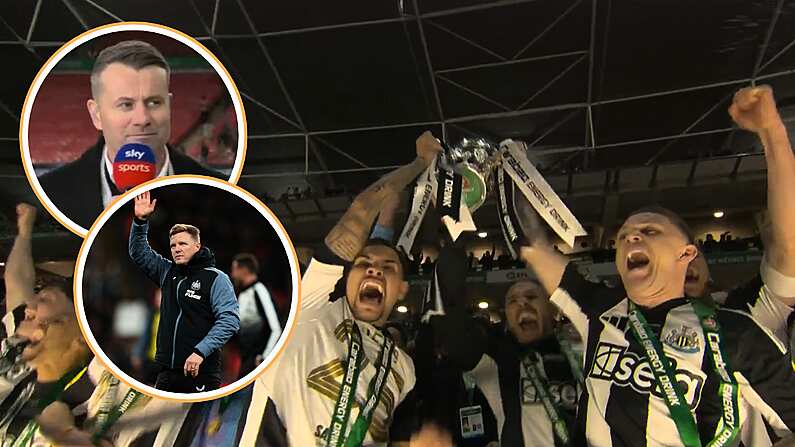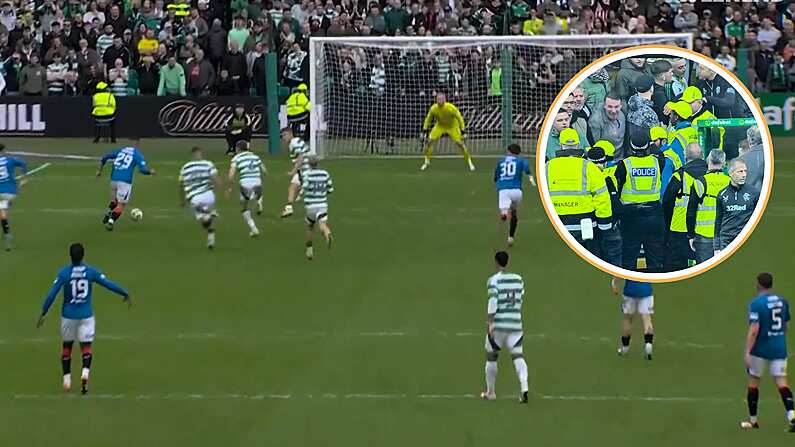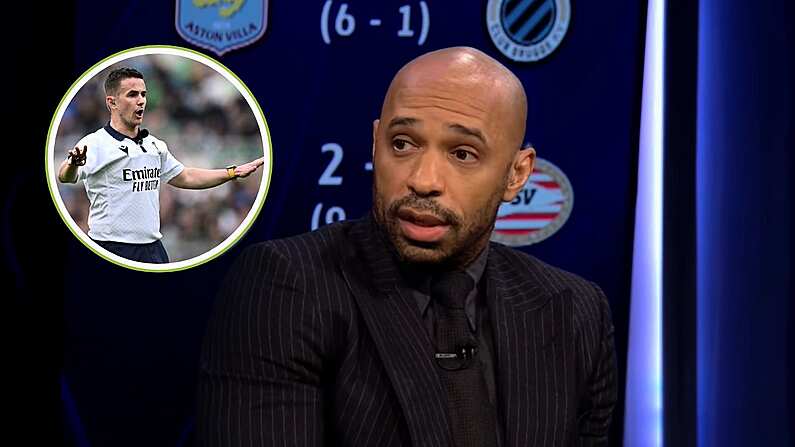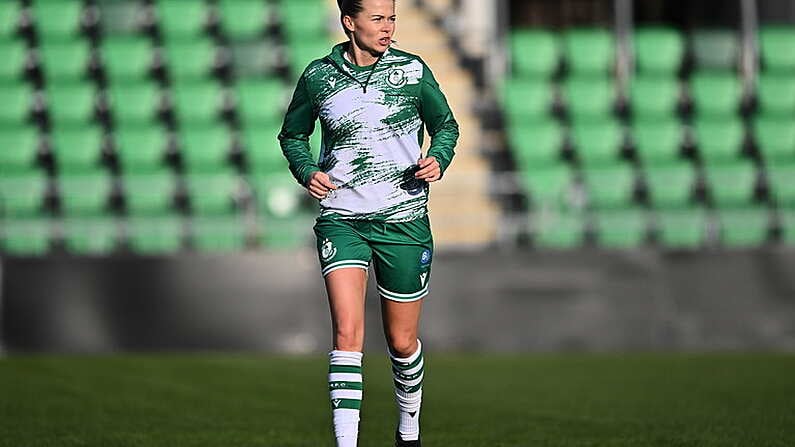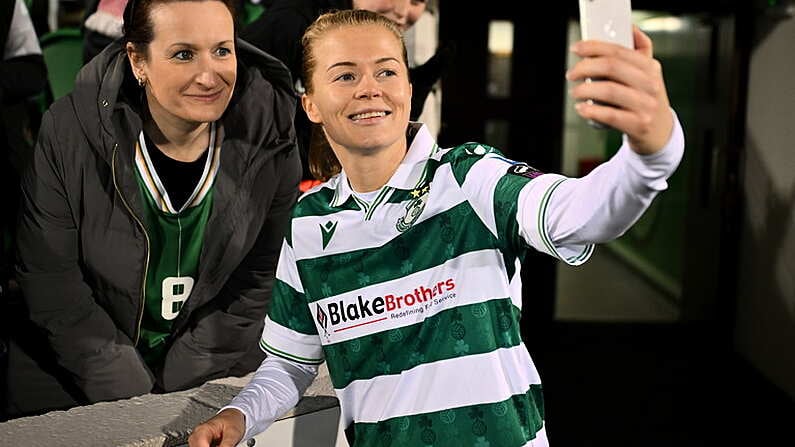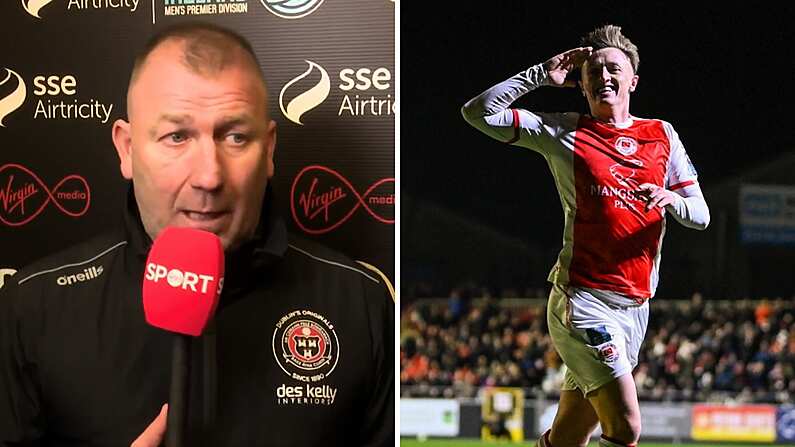Martin O'Neill has always been sure of his job description. "You want to try and qualify for competitions, that’s my job. If, for instance, I had taken up the mantle here almost four years ago and John Delaney had said to me ‘What we want Martin, in four years’ time is a young side that is vibrant and ready to go, so don’t worry about qualification’ I think we could have done that quite easily".
His job is, in essence, to earn money for the FAI. World Cup qualification would have yielded a windfall in the region of €11 million, and it was notable that O'Neill referenced the increase in season ticket sales under his reign when justifying his recent contract extension.
This is perhaps an understandable tactic to adopt for an Association still servicing the €34 million debt accrued on the Aviva Stadium. And up to last night, O'Neill can point to having perfectly satisfied his boss. Euro 2016 qualification was secured - via a playoff in a sold-out Aviva - and it looked like the trick would be repeated for the World Cup.
But now, last night's stakes have been laid bare as being much higher than initially thought. Ireland were last night exposed as an ageing side without any idea as to how to attack, and now not facing a proper competitive qualifier until 2019. They ended the game with six forwards, a midfielder, a pair of full-backs, Shane Duffy and Darren Randolph. Of those six forwards left on the field, only McClean (28) and Brady (25) are under 30.
While qualification for Euro 2020 is possible given the fact a third-placed finish can earn a spot in the competition, the future looks decidedly bleak, with few players coming through, and those that are (Callum O'Dowda and Sean Maguire) will arrive into a side without any coherent plan or system.
The same problem has been at the root of football in this country for nearly a century. Football was unique in splintering along the lines of partition in 1921, and the game ultimately descended into myriad clubs and schoolboy leagues, with most often battling the FAI when not squabbling among themselves. Therefore, the Irish plan was to look east to England: their clubs would sign and coach our most promising players, while their relatively rudimentary ideas on the game came to shape our thinking. While this worked to some extent in the 1970s and 1980s, when English clubs' scouting did not extend beyond the Irish sea, the influx of talent from around the world has made it increasingly difficult for Irish talent to thrive in unforgiving academies.
With the appointment of Ruud Dokter as High-Performance Director, the FAI have belatedly taken steps to go their own way, and streamline pathways to the senior international side. They have organised Under-19, Under-17, and Under-15 national leagues, with the ultimate ambition to keep talented Irish players in Ireland for as long as possible. Seamus Coleman and James McClean are two examples of what can be achieved by a player willing to linger in Ireland for first-team football, rather than disappearing from view in crowded English academies.
The FAI's plans have had myriad issues - the admitting of St Kevin's Boys to the under-15 league as a standalone club, having forced other academy clubs to form alliances with League of Ireland clubs, for example, has been bungled - but it is an admirable ambition which should be given an opportunity to succeed.
But this works two ways. The manager of the senior international team needs to show that these pathways can lead to recognition at the highest level. Martin O'Neill's current attitude toward the League of Ireland is that those playing in it are not proving themselves as being capable of performing at international level, and he may be right.
But if the overall ambition is to keep Irish talent in Ireland, O'Neill must take a role in doing so by actually picking domestic-based players. O'Neill has taken more interest in the league than any manager since Brian Kerr (not that this is saying much) but all of his selections thus far tell a young Irish prospect that they must be playing in England to be considered for selection. Selecting the best player in the League of Ireland for, say, a home game with Moldova would not be consistent with the win-at-all-costs meritocracy that O'Neill must pursue under his current job description, but it would be a huge fillip to the structures put in place for the future by the FAI.
The fact that this hasn't happened yet isn't O'Neill's fault: he has been doing the job he has been paid to do. Therefore, the changes must some from elsewhere.
At the very least, a quota system for the inclusion of domestic players in the international squad, and perhaps some of those impressing for the under-21s, might initially hurt Ireland in a qualifier, but could have long-term benefits in terms of giving overall structures more credence. Ireland have further issues beyond this, and need to find an identity and style of play of our own, but these are probably too ambitious to put in place at the top tomorrow morning, given that we could probably still battle our way to Euro 2020 given the forgiving qualification format.
Last night proved the limitations of the current, short-term approach, leaving nothing for the future but a long, yawning void fit for nothing but waiting, navel-gazing and post-mortems.
There is still too much of a disconnect between the international side and the rest of Irish football. Denmark was the latest defeat in Ireland's pursual of the present. It's time to take a step back and fight for the future.


